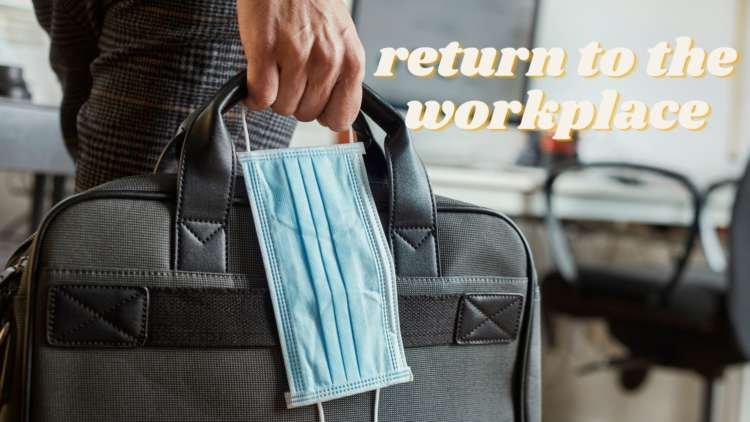Business
How to manage a return to the workplace
Published by linker 5
Posted on April 30, 2021
1 min readLast updated: January 21, 2026

Published by linker 5
Posted on April 30, 2021
1 min readLast updated: January 21, 2026

Explore more articles in the Business category











